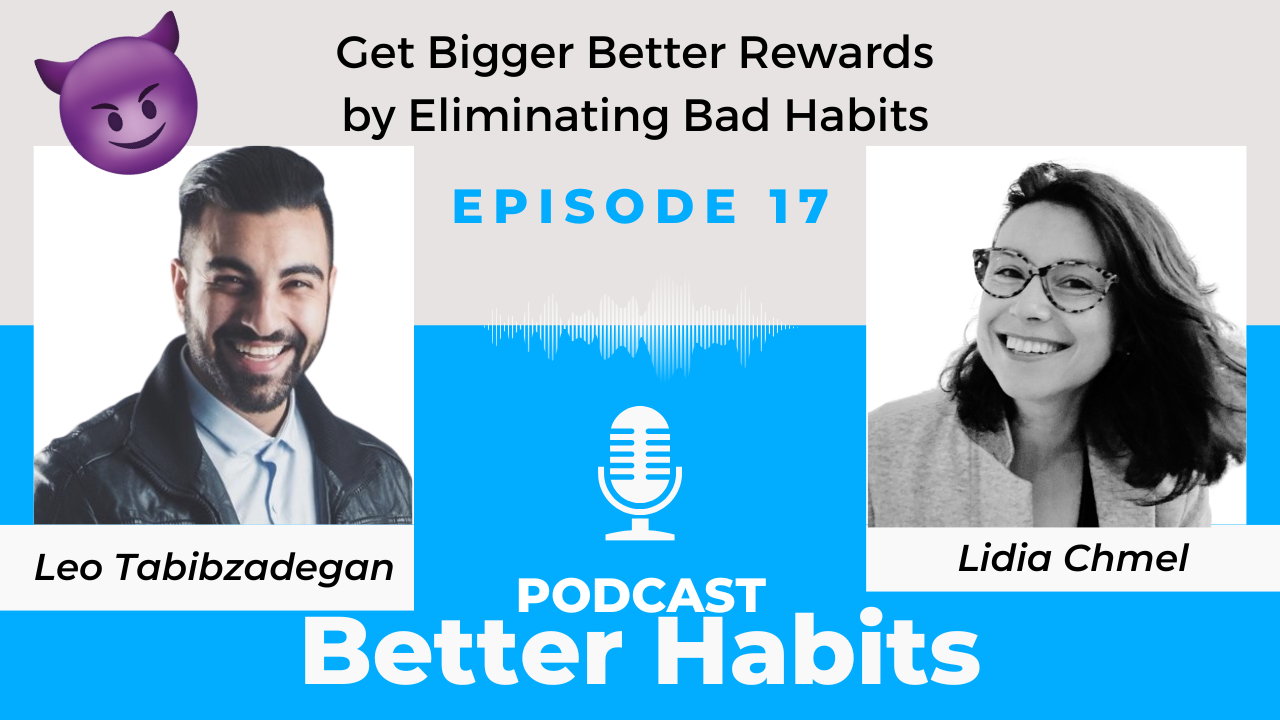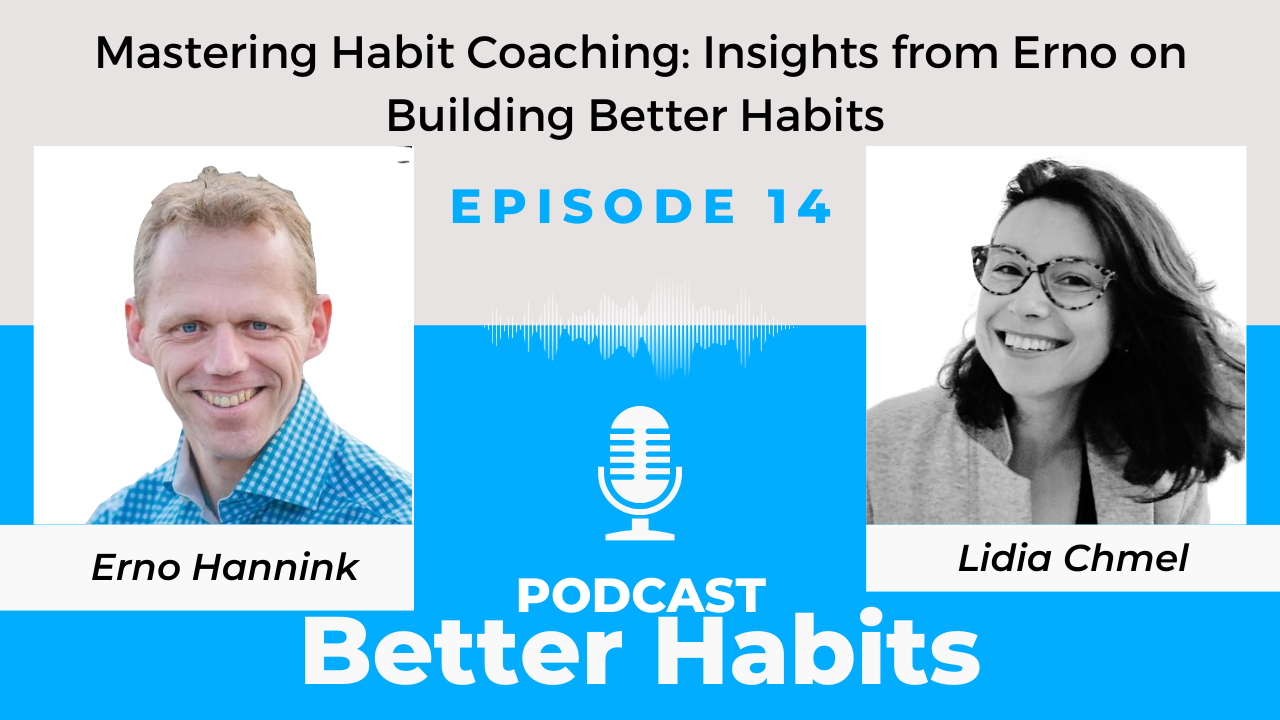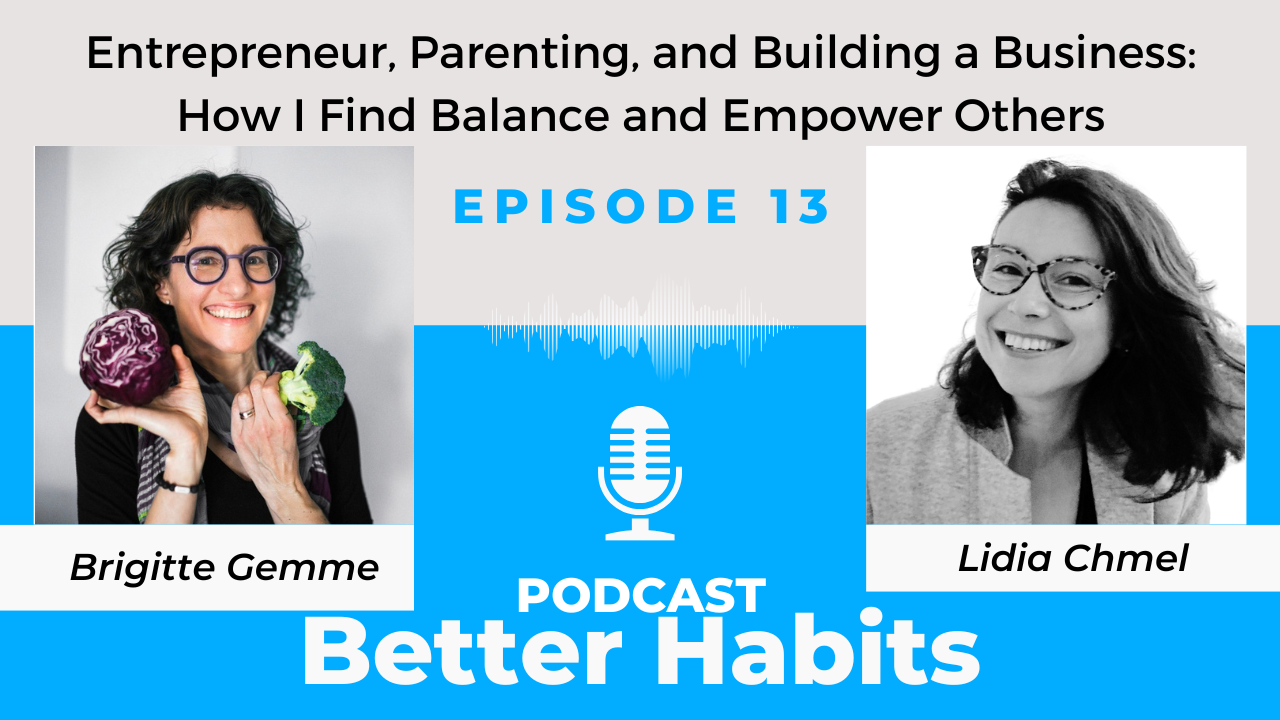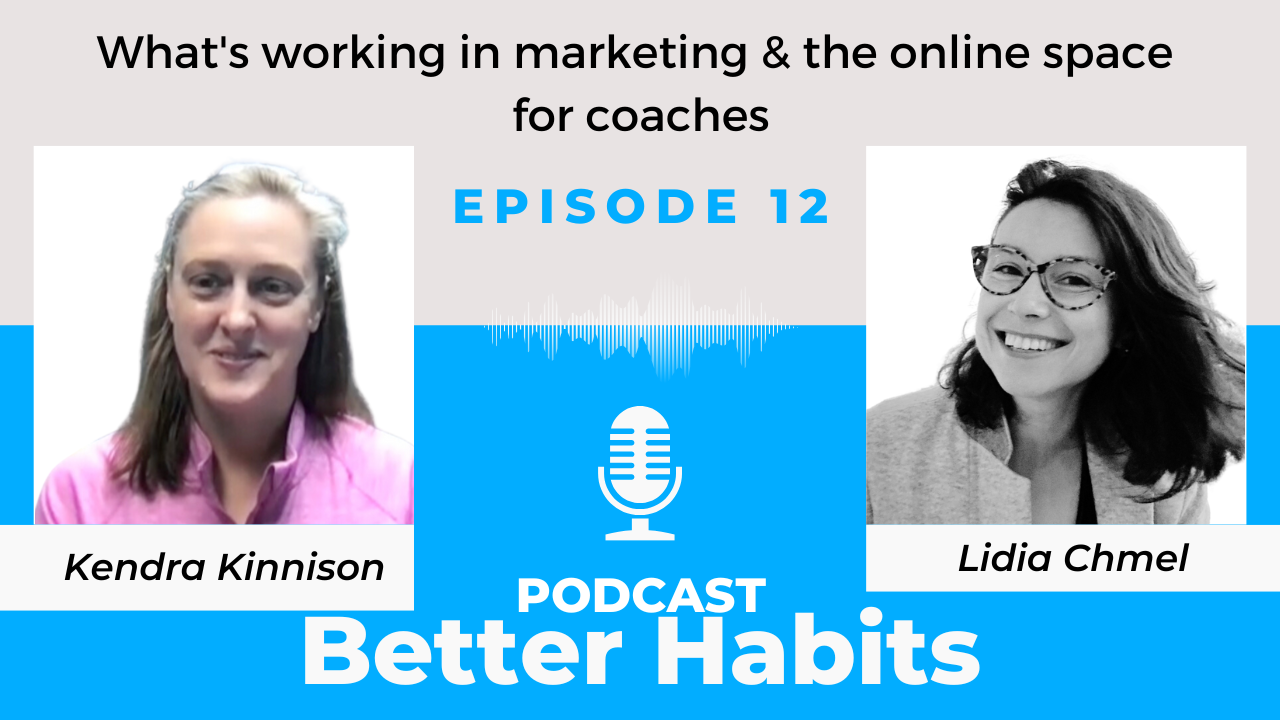Longer, warmer days are here and with them more chances to barbecue on the grill. Grilling isn’t just fun; it can be a healthy way to cook your meals. One way that you can grill healthily is by using a fat-reducing George Foreman grill, for which Kwerto’s recommendations may help you find a product that allows you to grill the way that you want to. Here are some tips to make sure that you boost your health as you fire up the grill this summer.
Healthy Grilling Tip: Grill your vegetables!
Vegetables taste delicious when grilled over an open fire. You’ve probably eaten corn, Portobello mushrooms, potatoes, grilled peppers and onions off of the grill, but there are so many more vegetables that taste fantastic when cooked on the barbecue. Next time you fire up your grill, try eggplant, zucchini, asparagus, carrots, beets, squash, and even sweet potatoes (these will take a bit longer, so make sure they don’t burn). Honestly, you’ll be surprised at just how many foods taste better when cooked over a grill. Just have a look on somewhere like Bear Mountain BBQ and you’ll see the wide variety of awesome recipes that you could take advantage of next time you’re out grilling.
Pro-tip: grill veggies over aluminum foil if you can, since they’re more likely than meat to fall apart during the grilling process. Give them a light coat of oil, some seasoning, and then either grill over the foil or wrap the foil into a packet if you want it to steam. If you’re making kabobs, follow a rule of at 2-3 veggies for every piece of meat.
Healthy Grilling Tip: Minimize the carcinogenic side effects
When you grill or fry meat and seafood, carcinogenic compounds form where the meat is browned/blackened. The longer you cook meat, the more compounds this creates. You can read more about the risks here. This shouldn’t stop most people from cooking on the grill, but there are a few things you can do to minimize your exposure.
First, keep your grill clean. The remnants of food keep cooking each time you use the grill, creating more carcinogenic compounds. Second, cook meat and seafood at a lower temperature to minimize burning. You can also sous vide for your meat first or choose sushi grade meat and seafood that only requires a quick sear for flavor. If you don’t know much about the sous vide method then you can find out more in our sous vide machine shopping guide. Third, trim fat and choose leaner meat, since one of the cancer-causing chemical reactions happens in fat cells.
Healthy Grilling Tip: Grill a variety of meats and seafood
Don’t limit yourself to burgers, steak, and typical grilled red meats. Chicken tastes delicious grilled; try it with different marinades and sauces. As long as you don’t overcook the chicken, it will be pleasantly moist. Try salmon, halibut, and tuna steaks on the grill or grill shrimp and scallop kabobs (they taste great with pineapple and peppers). If you’re more experimental, try cooking a whole fish. For burger grill outs, explore patties made from vegetables, bean, sweet potato, fish, turkey, and pork.
Healthy Grilling Tip: Grill fruit for dessert
Get your daily vitamins and minerals from dessert by treating yourself to your daily serving of fruit. Grilling fruit crystallizes the sugar, giving it a powerful, naturally sweet punch. You’ll hardly believe that you didn’t add any sugar! Pineapple is perfect for grilling straight on the (clean) grill and fresh pineapple rarely falls apart when cooked. Use tin-foil for more gentle fruits such as pears, peaches, bananas, and even strawberries.
Healthy Grilling Tip: Go easy on the marinades and BBQ sauces
Ketchup is loaded with sugar, as are most barbecue, teriyaki, and store bought marinades and dipping sauces. Read the labels, watch your portions and you should be fine. Where you can, use mustard, (unsweetened) pickle relish, hot sauces, and other low-sugar alternatives.








